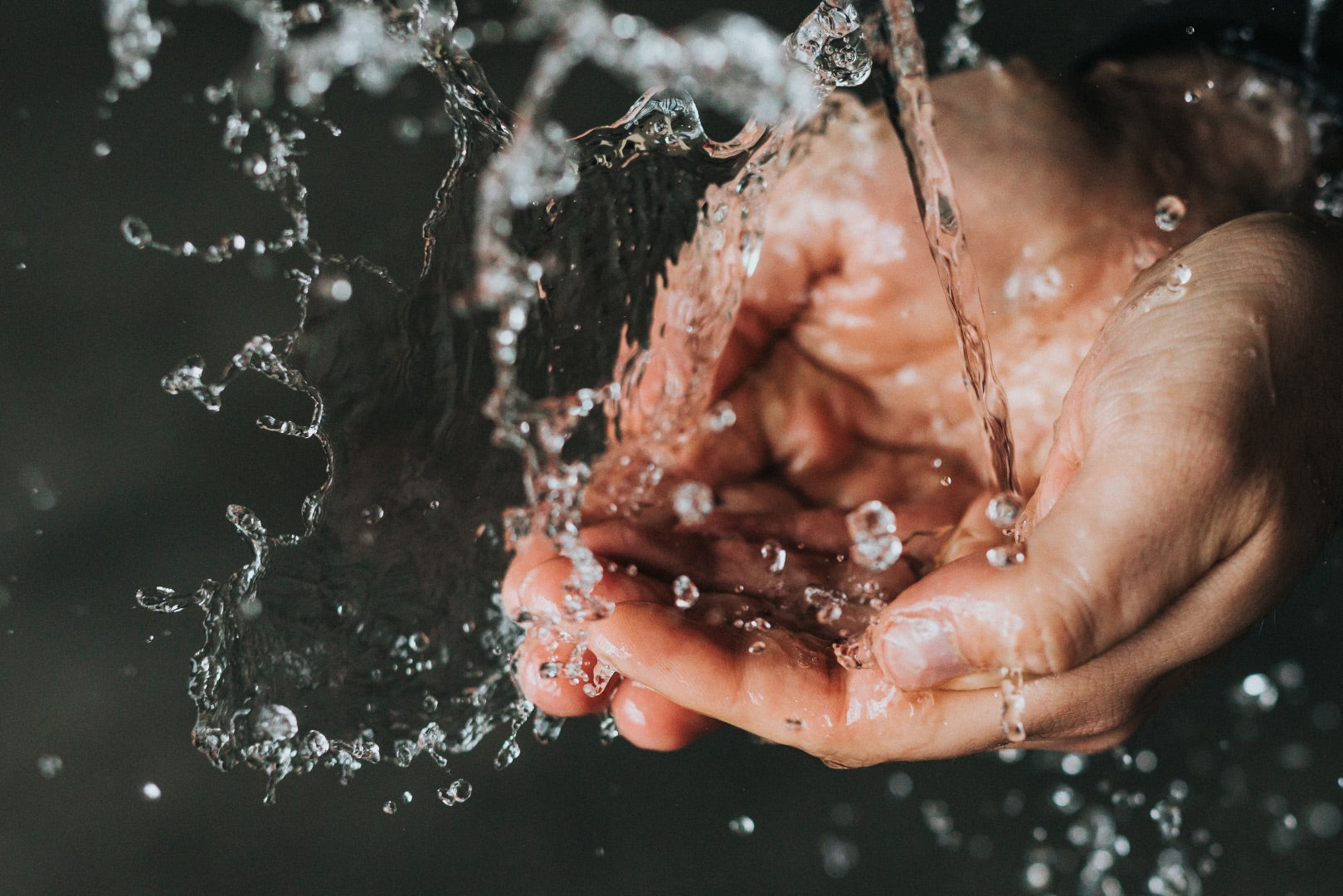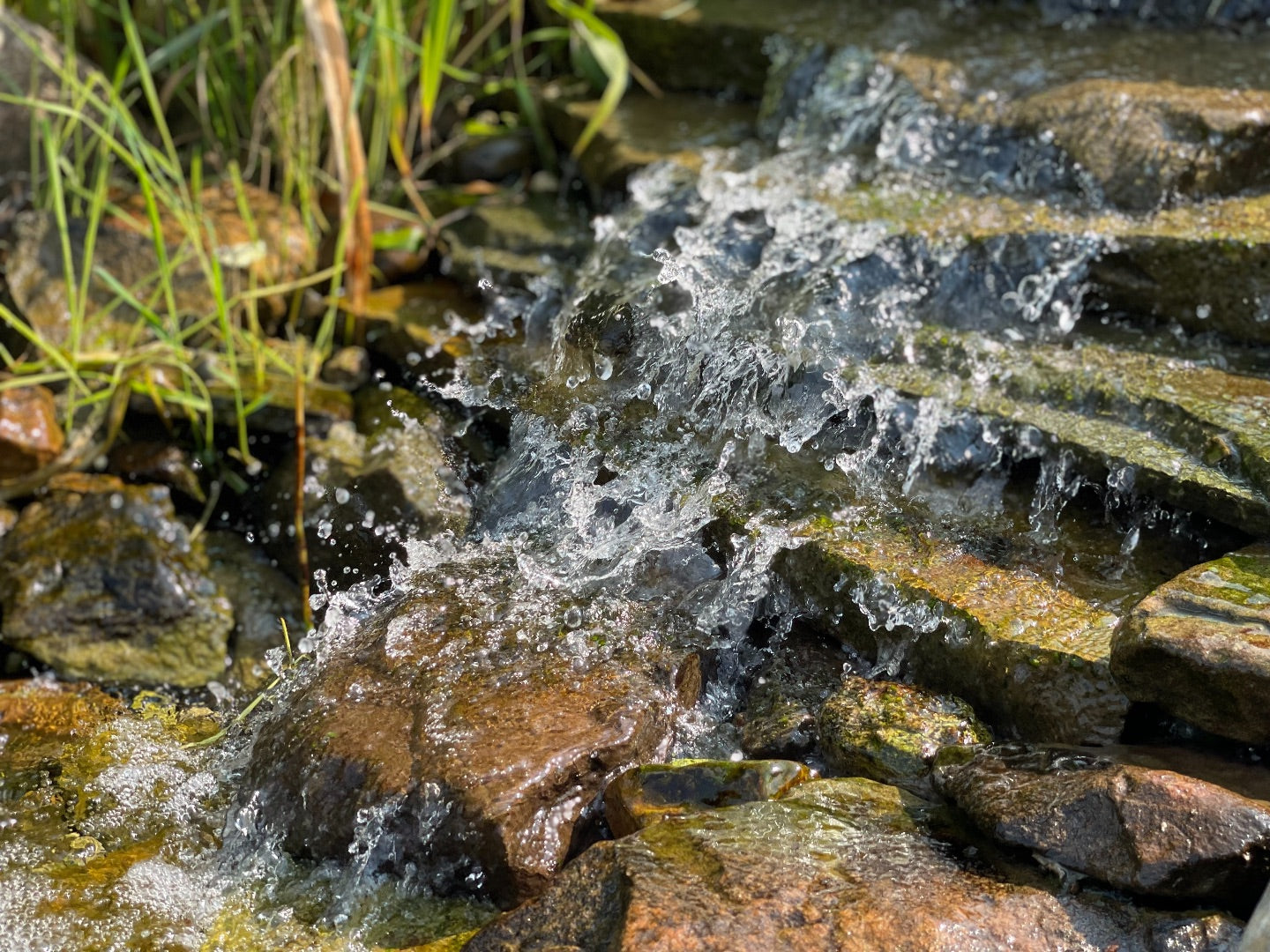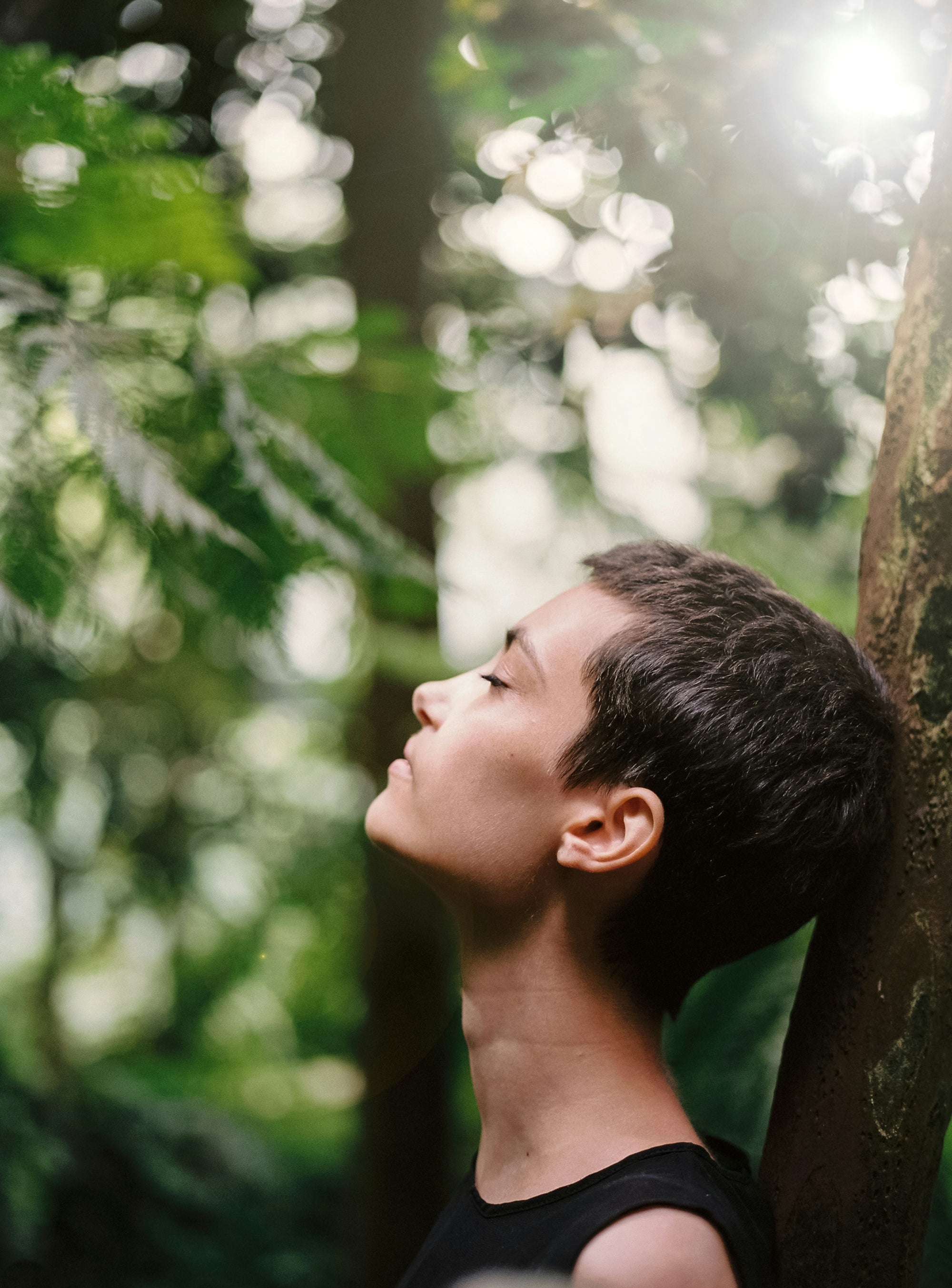In recent years, African black soap has created a name for itself in the North American natural beauty industry, but it is a centuries-old product. Originating in West Africa among the Yoruba people in Nigeria and Ghana, the natural and ageless soap has many benefits and uses for both health and beauty. Today, we dive into everything you need to know about this awe-inspiring and age-old soap.
What is African Black Soap?
African black soap, sometimes called black soap or Ose Dudu Soap, is characterized by its natural ingredients and dark color. This plant-based soap is made without lye, dyes, synthetic fragrances, or other additives. As an alternative to manufactured soaps, it provides many additional benefits.
Black soap is traditionally handmade. As such, it oftentimes contains imperfections within the soap. Its ingredients may include:
-
cocoa pod ash, cocoa powder, or cocoa butter,
-
coconut oil,
-
palm kernel oil and palm oil,
-
plantain skin ash, leaves, or bark,
-
and shea butter.
It gets its black, dark gray, or brown color from cocoa pod ash and/or plantain skin ash. Some African black soaps may also contain honey, aloe vera, lime, camwood, oatmeal, or essential oils.
Benefits of African Black Soap
African black soap has many non-toxic health and beauty benefits. Because of its natural ingredients and simple production methods, it can be extremely versatile and helpful.
1. Black soap is gentle and safe for all skin types.
The imperfections in black soap naturally exfoliate, while its ingredients moisturize without stripping the skin of necessary oils. It is safe for use on the face, body, and hair. This soothing product is known to reduce inflammation and skin irritation. (However, every person is different. It is always recommended to patch test new products on a small area of skin before incorporating this product into your skincare routine in case allergy or sensitivity occurs.)
2. Black soap is naturally anti-bacterial and anti-fungal.
The palm kernel oil found in this soap is high in lauric acid, which has natural anti-bacterial and anti-fungal properties. African black soap can help protect against common germs and infections without the harsh chemicals found in synthetic soaps.
3. Black soap can help relieve acne and may soothe eczema and other minor rashes.
Although research is limited, preliminary findings show that African black soap can help calm skin irritations. This study published by the National Library of Medicine found that 23% of study participants used African black soap for acne treatment and 7% of participants used the soap for eczema treatment. Of the participants using black soap for acne treatment, 82.6% reported being Very Satisfied or Somewhat Satisfied with using black soap as a treatment for acne. 100% of the participants using black soap for eczema treatment reported being Very Satisfied or Somewhat Satisfied with their results.
4. Black soap can even skin tone and texture.
With antioxidant-rich ingredients, African black soap can help reverse some skin damage and protect against harmful elements and free radicals in our environment that may cause fine lines, wrinkles, and dark spots.
5. Black soap is healthy for the environment and supports African producers.
Because the soap is made of natural ingredients, it is naturally biodegradable. Many companies that carry African black soap in North America support fair-trade practices, sustainability, and fair business relationships with those who made it. However, always be a mindful consumer and do your research on who you are purchasing from and their business practices.
How to Use African Black Soap
Due to its gentle nature, black soap is a holistic remedy for many purposes. Many of its beneficial properties can help in multiple areas of your skincare and beauty routine.
1. Use as a multipurpose face, body, and hair cleanser.
As a gentle, yet effective, cleanser, African black soap may be used in place of several hygiene products, including face wash, body wash, and shampoo.
2. Use before shaving to reduce razor bumps.
Because of its soothing benefits, many people have found black soap effective at softening hair follicles prior to shaving. Thus, reducing irritating razor bumps and burns.
3. Address the unique needs of combination skin types.
Since African black soap is recommended for all skin types, it may be able to address the unique needs of combination skin types. Gentle enough not to irritate sensitive areas of the skin, yet effective enough to provide a deep clean without stripping the skin of necessary oils, black soap can provide what many manufactured soaps cannot.
4. Alleviate dandruff with black soap.
With its anti-fungal qualities, black soap may be effective at treating some types of dandruff. The soap is also an effectual replacement for other shampoos.
5. Practice sustainability.
Replace multiple health and beauty products with African black soap as an all-in-one cleanser to cut back on plastic waste and simplify your skincare routine, all while supporting West African commerce.
African black soap has become a staple in the natural beauty industry for its many benefits, uses, and positive reputation. Try the soap yourself to experience its abundant favorable qualities and connect with ancient African roots. You can purchase authentic, fair-trade African black soap here.



